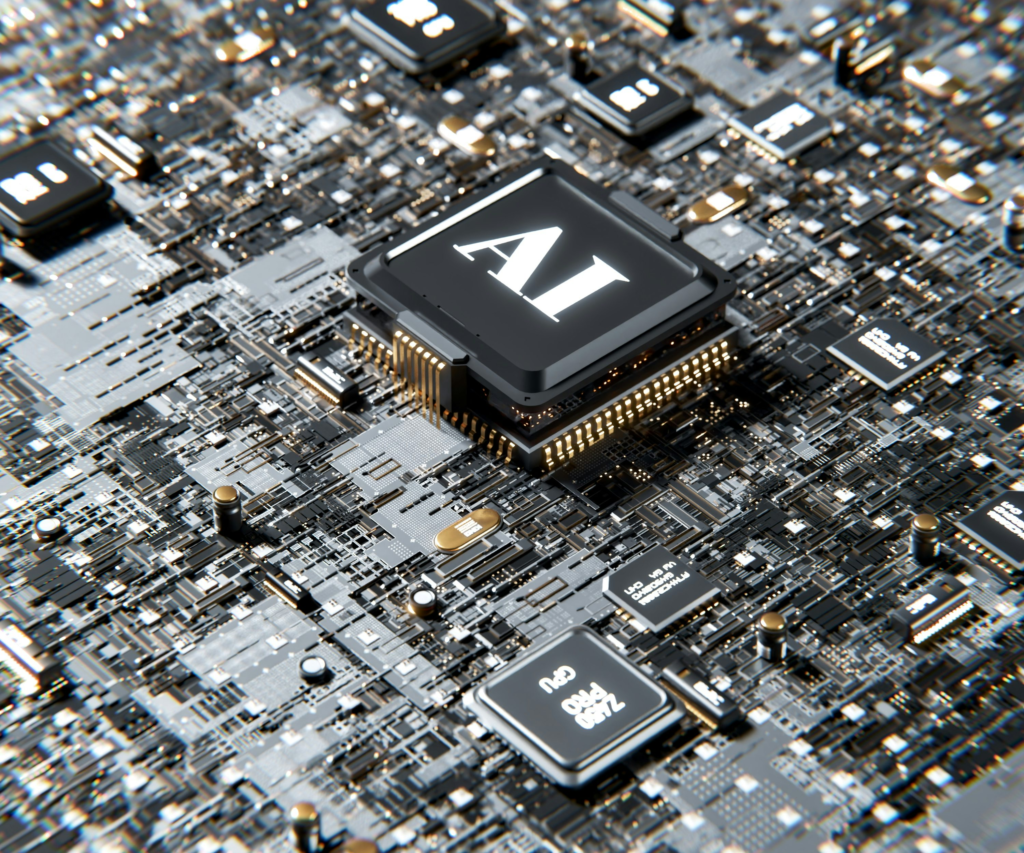Japan has long been a global leader in the semiconductor industry, known for its cutting-edge technology and crucial role in the supply chain. However, with the rapid rise in demand for artificial intelligence (AI) chips, companies in Japan are facing growing competition and new challenges, especially from South Korean giants like Samsung Electronics.
In recent months, Japan’s semiconductor industry has been under the spotlight, particularly as global demand for semiconductors used in AI applications continues to soar. The demand for chips that power AI servers has become so high that companies like Nvidia, a major player in the AI industry, have turned to South Korea’s SK hynix for high-bandwidth memory (HBM) chips, bypassing Japan’s semiconductor manufacturers. This shift has raised concerns about the future of Japan’s role in the AI boom.

Japan’s Semiconductor Struggles and Growing Competition
While Japan is home to some of the biggest names in semiconductor manufacturing, such as Toshiba, Renesas, and Sony, it is now facing increased competition from companies in other countries, including South Korea and the United States. Samsung Electronics, the world’s largest memory-chip maker, has struggled to meet the booming demand for AI chips, especially for its partner Nvidia, which powers much of the AI industry with its graphics processing units (GPUs).
The rise in AI chip demand has also created a new wave of competition. Japanese semiconductor companies, which have been dominant in traditional chip markets, are now working hard to adapt to the rapid advancements in AI technology. But, as companies like SK hynix and Micron push forward, Japanese manufacturers are finding it difficult to keep up with the specific requirements of AI processors, which are becoming more customized and advanced.
A significant factor behind Japan’s growing concerns is its inability to meet the specific needs of AI chip development. The chips required for AI applications are much more advanced and specialized, and Japan’s semiconductor companies, once known for their reliability in standard chip manufacturing, are struggling to break into this new market.
Samsung’s Challenges and the Global Semiconductor Market
The competition in the semiconductor market has intensified, with South Korea’s Samsung Electronics acknowledging its struggles in meeting the high demand for chips used in AI servers. Although Samsung posted a significant 129.85% increase in operating profit for the fourth quarter of 2024, the company still faced difficulties compared to the previous quarter. This was largely due to the company’s challenges in keeping up with the demand for AI chips and meeting the needs of clients like Nvidia.
Samsung’s competition with Japanese companies has become more apparent, especially as Nvidia, the leading AI company, has turned to South Korea’s SK hynix for its high-bandwidth memory chips, which are essential for AI operations. The increasing complexity of AI chips and the rapid growth of the AI market have led to some of Japan’s semiconductor firms losing ground to their competitors.
Nvidia’s Move to South Korea and Japan’s AI Chip Future
Nvidia’s reliance on South Korea’s SK hynix has been a clear sign of the shifting semiconductor landscape. As AI technology grows, companies like Nvidia need more specialized chips that can meet the demands of AI applications, and they’ve found it difficult to rely on traditional semiconductor suppliers, including Japanese firms. This shift has left Japan’s semiconductor industry facing tough questions about its ability to keep up with global demands.
Despite the struggles, Japan’s semiconductor industry has not lost hope. In fact, it’s still an essential player in the global tech scene. Companies like Toshiba and Sony are working on developing new technologies, and the Japanese government has been taking steps to invest in and support its semiconductor sector. This includes efforts to attract foreign investment and partnerships to boost Japan’s position in the semiconductor market.
The Role of Frugal Innovation and Rising Tech from China
Meanwhile, Japan is not the only country grappling with the increasing demand for AI chips. A new Chinese startup, DeepSeek, has recently made waves in the AI industry with its R1 chatbot, which claims to match the capabilities of U.S. tech giants at a fraction of the cost. DeepSeek’s use of less advanced H800 chips, which were allowed for export to China until late 2023, has raised questions about whether investments in high-end AI infrastructure have been overdone.
DeepSeek’s rise has led to a shift in the AI market, with some analysts suggesting that the company’s “frugal innovation” approach could slow down or change the way AI investments are made in the future. This has sparked concerns in Japan, where companies are facing stiff competition from both South Korea and China.
The Future of Japan’s Semiconductor Industry
Despite these challenges, Japan’s semiconductor companies are working to strengthen their position in the AI market. As the global competition continues to heat up, Japan is hoping that its long history of innovation and strong research and development (R&D) can help its companies compete in this new and rapidly growing market.
The government’s support for the semiconductor sector, combined with efforts from companies like Toshiba and Renesas to develop new, specialized chips, could help Japan maintain a competitive edge in the evolving semiconductor landscape. However, Japan must act quickly to secure its place in the future of AI technology, or it risks being overtaken by rivals like South Korea’s Samsung Electronics and SK hynix, as well as the rising stars from China.
In conclusion, Japan’s semiconductor industry faces a tough battle as it tries to keep up with the growing demand for AI chips and the rising competition from South Korea and China. While Japan remains a key player in the global tech scene, it must innovate and adapt to the new challenges of the AI era. The future of Japan’s semiconductor industry will depend on its ability to stay competitive in the face of shifting market dynamics and technological advancements.